Embracing Minimalism: Simplifying Your Living Space for a Better Quality of Life
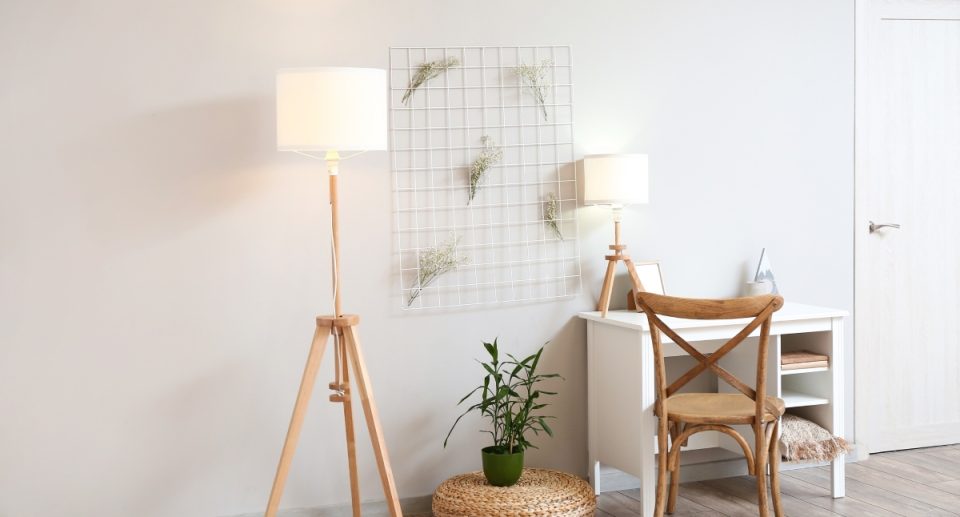
Our living spaces should be a source of comfort and peace, but over time, they can become cluttered with unnecessary items, causing stress and frustration. Embracing minimalism is a powerful way to reclaim control over your environment, simplify daily life, and improve your overall well-being. For seniors, adopting a minimalist lifestyle can offer practical benefits, from making your home more manageable to reducing stress and creating a calming atmosphere.
This guide explores the principles of minimalism, its benefits, and actionable steps for simplifying your living space and enjoying a better quality of life.
1. What is Minimalism?
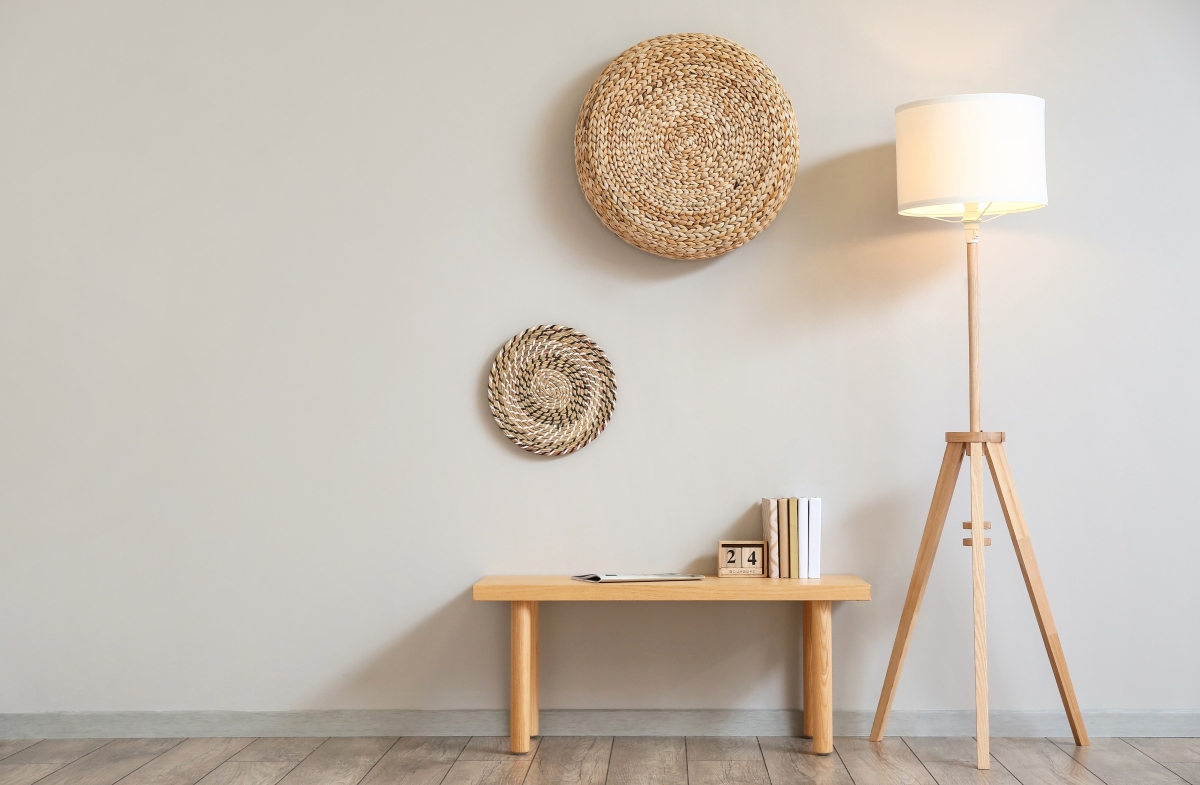
Minimalism is about living with intention—focusing on what adds value to your life and letting go of the rest. It’s not about depriving yourself or living with the bare minimum but choosing quality over quantity. In a minimalist home, every item has a purpose, brings joy, or serves a practical need.
The philosophy of minimalism extends beyond decluttering your physical space. It encourages mindfulness in all areas of life, helping you focus on what truly matters—whether that’s relationships, hobbies, or personal growth. By simplifying your surroundings, you create room for more meaningful experiences.
2. Why Minimalism is Beneficial for Seniors
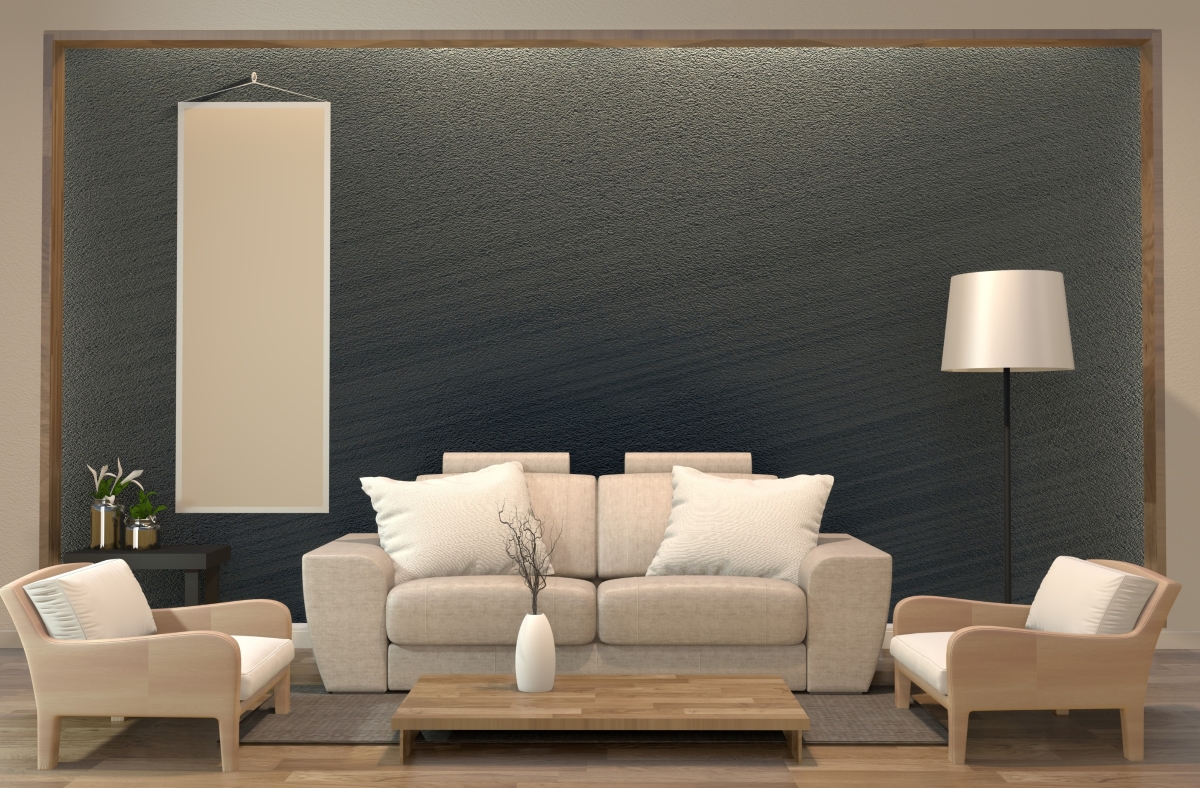
As you get older, your priorities and needs often shift. What once seemed essential may no longer serve the same purpose. This is where minimalism becomes especially helpful for seniors. It allows you to focus on what brings you joy and purpose while reducing the burden of excess belongings.
Reducing Physical Clutter
One of the most immediate benefits of minimalism is reducing physical clutter. Over the years, many seniors accumulate possessions that may no longer serve a purpose. Holding onto items “just in case” or out of sentimentality can create a cluttered environment, making it difficult to keep your home organized and safe.
Decluttering can free up space, making it easier to navigate your home and reducing the risk of trips or falls. It also makes daily tasks—like cleaning or finding specific items—more manageable.
Improving Mental Clarity
Clutter doesn’t just take up physical space; it can also clutter your mind. A disorganized environment can lead to feelings of overwhelm, stress, or anxiety. By simplifying your space, you create a more peaceful, calming atmosphere that promotes mental clarity.
For many seniors, minimalism helps create a sense of order and control, which is particularly valuable if you deal with life transitions like retirement or downsizing. A minimalist environment fosters a more serene mindset, helping you feel at ease in your home.
Focusing on What Matters
Minimalism encourages you to shift your focus away from material possessions and toward experiences, relationships, and personal well-being. This can be particularly rewarding for seniors who want to prioritize spending time with loved ones or pursuing hobbies and interests.
By letting go of unnecessary belongings, you free up mental and emotional energy to focus on the things that truly bring you happiness and fulfillment. Whether it’s spending time outdoors, learning a new skill, or enjoying a good book, minimalism can enhance your overall quality of life.
Easier Maintenance
A minimalist home is easier to maintain, a significant advantage for seniors who may find household chores more physically demanding. Cleaning becomes quicker and simpler when your space is free of excess clutter. You spend less time dusting, organizing, or tidying up, allowing you to focus on more enjoyable activities.
For those considering downsizing, minimalism is an ideal preparation. By decluttering and simplifying your possessions, you can transition to a smaller home or retirement community more smoothly without feeling overwhelmed by the prospect of moving.
3. Steps to Simplify Your Living Space
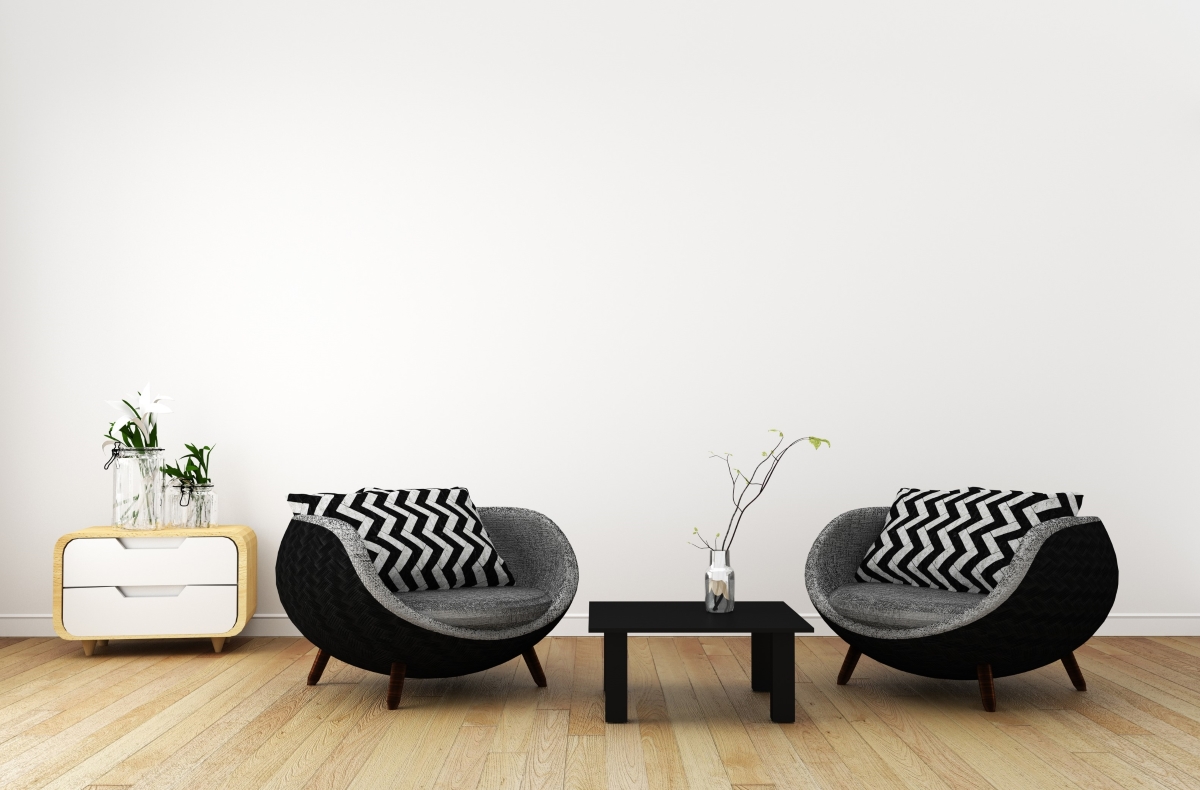
Embracing minimalism doesn’t happen overnight, but with gradual, intentional steps, you can create a living space that feels open, peaceful, and reflective of your current needs. Here are practical strategies to help you start simplifying your home.
Start Small
Minimalism can feel overwhelming if you try to tackle your entire home at once. Focus on one area, such as a single room, closet, or drawer. Starting small allows you to build momentum and see immediate results, which can motivate you to continue.
For example, start with your bedroom closet. Take out everything and assess each item—ask yourself whether it’s something you wear regularly or if it still brings you joy. If not, it may be time to donate, recycle, or discard it.
Declutter Sentimental Items Gradually
Sentimental items can be some of the hardest to let go of, but holding onto too many can create unnecessary clutter. The key is approaching these items carefully and gradually deciding what to keep.
One way to manage sentimental belongings is to select meaningful items that truly resonate with you. For example, instead of keeping an entire box of photos, you might choose a few favorite pictures to frame and display. This way, you preserve the memories without overwhelming your space.
Use the “One In, One Out” Rule
To prevent new items from accumulating, adopt the “one in, one out” rule. For every new item you bring into your home, remove one existing item. This helps maintain balance and ensures you only add things that serve a purpose or bring you joy.
For example, if you buy a new pair of shoes, donate or discard an old pair you no longer wear. This simple practice keeps your space from becoming cluttered over time.
Embrace Multi-Functional Furniture
In a minimalist home, every item should serve a purpose. To maximize space and reduce clutter, consider investing in multi-functional furniture. Items like storage ottomans, fold-out tables, or beds with built-in drawers provide practical storage solutions while maintaining a streamlined look.
Multi-functional furniture is especially useful for seniors who may be downsizing or living in smaller spaces. It allows you to maintain functionality without overcrowding your home with unnecessary furniture.
Digitize Paperwork and Photos
Paper clutter can easily pile up, especially regarding bills, important documents, or old photographs. One way to reduce this clutter is by digitizing paperwork and photos. Scan important documents and store them in a secure cloud or digital file system, reducing the need for physical storage.
This frees up space and makes it easier to access important information when needed. For seniors, digitizing paperwork can simplify tasks like paying bills, managing medical records, and staying organized.
4. Creating a Calming and Intentional Living Space
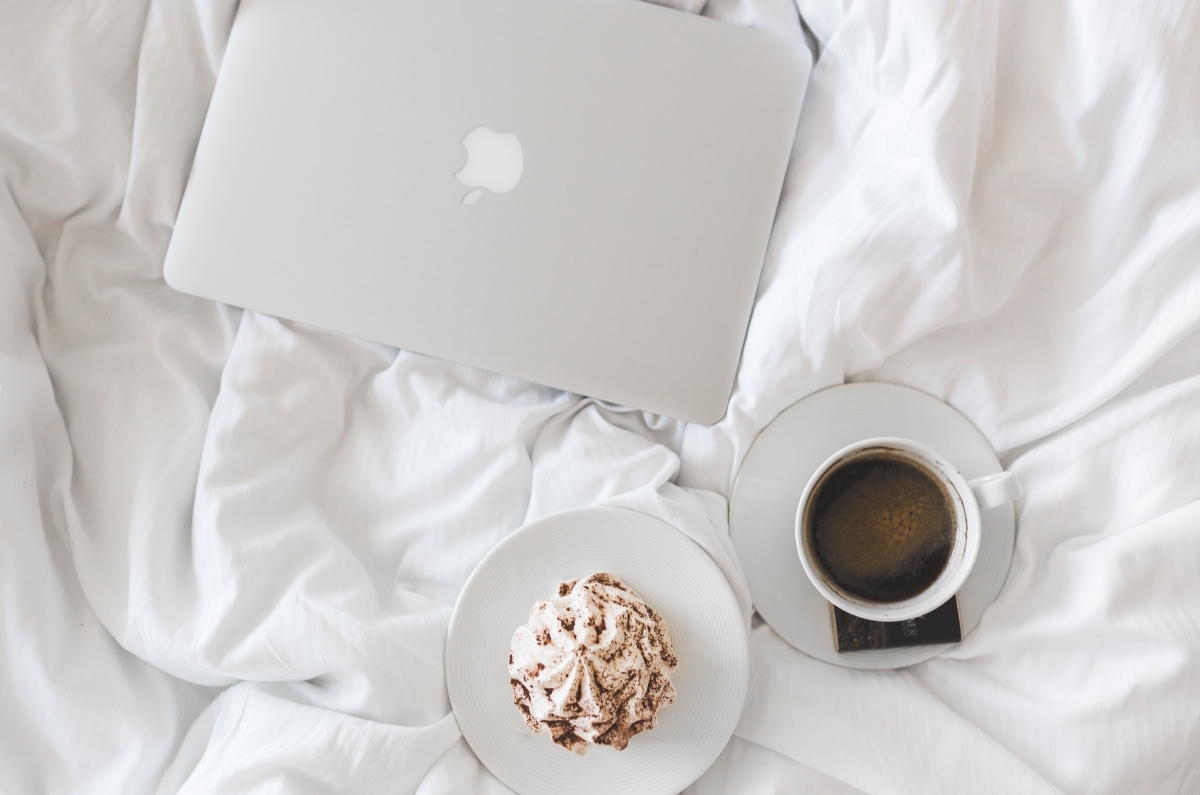
Once you’ve decluttered and simplified your home, the next step is creating a living space that promotes relaxation, focus, and joy. Minimalism encourages intentional living—every item in your home should have a purpose and contribute to your well-being.
Prioritize Natural Light
Natural light plays a significant role in creating a calming atmosphere. Open curtains or blinds to let sunlight into your home, boosting your mood and energy levels. Exposure to natural light is also important for seniors to maintain healthy sleep patterns and support overall well-being.
If your home doesn’t receive much natural light, consider adding mirrors to reflect light and create the illusion of a brighter space.
Incorporate Soothing Colors
Color has a profound impact on mood and energy. Opt for soothing, neutral colors like soft whites, grays, and earth tones when designing a minimalist space. These colors create a sense of calm and tranquility, making your home feel more inviting and peaceful.
You can still incorporate pops of color through accent pieces like throw pillows, artwork, or rugs, but the overall palette should remain soft and understated to promote relaxation.
Add Plants for a Touch of Nature
Plants are a simple yet effective way to bring life and serenity into your home. They purify the air and create a sense of connection to nature, which can enhance your mood and well-being. Caring for plants can also be a relaxing and rewarding activity for seniors.
Choose low-maintenance plants like succulents, ferns, or snake plants that require minimal care and thrive indoors.
Maintain a Clutter-Free Entryway
The entryway is the first thing you see when you walk into your home, setting the tone for the rest of the space. To keep your entryway clutter-free, use hooks, baskets, or shelving to organize items like shoes, coats, and bags.
A tidy, organized entryway creates an immediate sense of calm when you walk through the door, reinforcing the minimalist mindset.
5. The Emotional Benefits of Minimalism
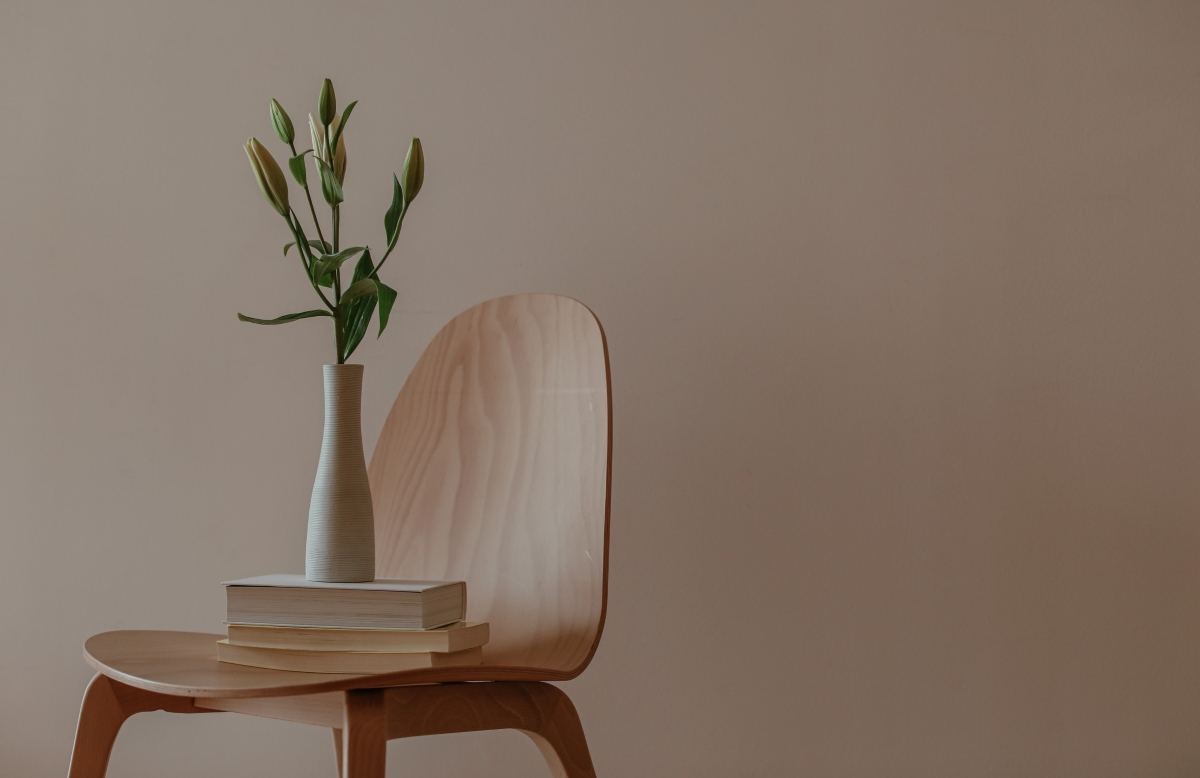
While minimalism is often associated with physical decluttering, its emotional benefits are equally profound. For seniors, simplifying your living space can create a greater sense of peace, purpose, and fulfillment.
Reduced Stress and Anxiety
Clutter can be a source of stress, contributing to feelings of overwhelm and anxiety. By clearing away unnecessary items, you create a more peaceful and relaxing environment, which can help alleviate stress.
Reducing stress is especially important for seniors to maintain overall health and well-being. A minimalist home provides a calm sanctuary where they can relax and recharge.
Greater Sense of Control
As you simplify your living space, you gain greater control over your environment. This feeling of empowerment can extend to other areas of your life, helping you feel more confident and capable of managing daily tasks and responsibilities.
Minimalism encourages you to make intentional decisions about what you keep and let go of, reinforcing a sense of agency and purpose.
Conclusion
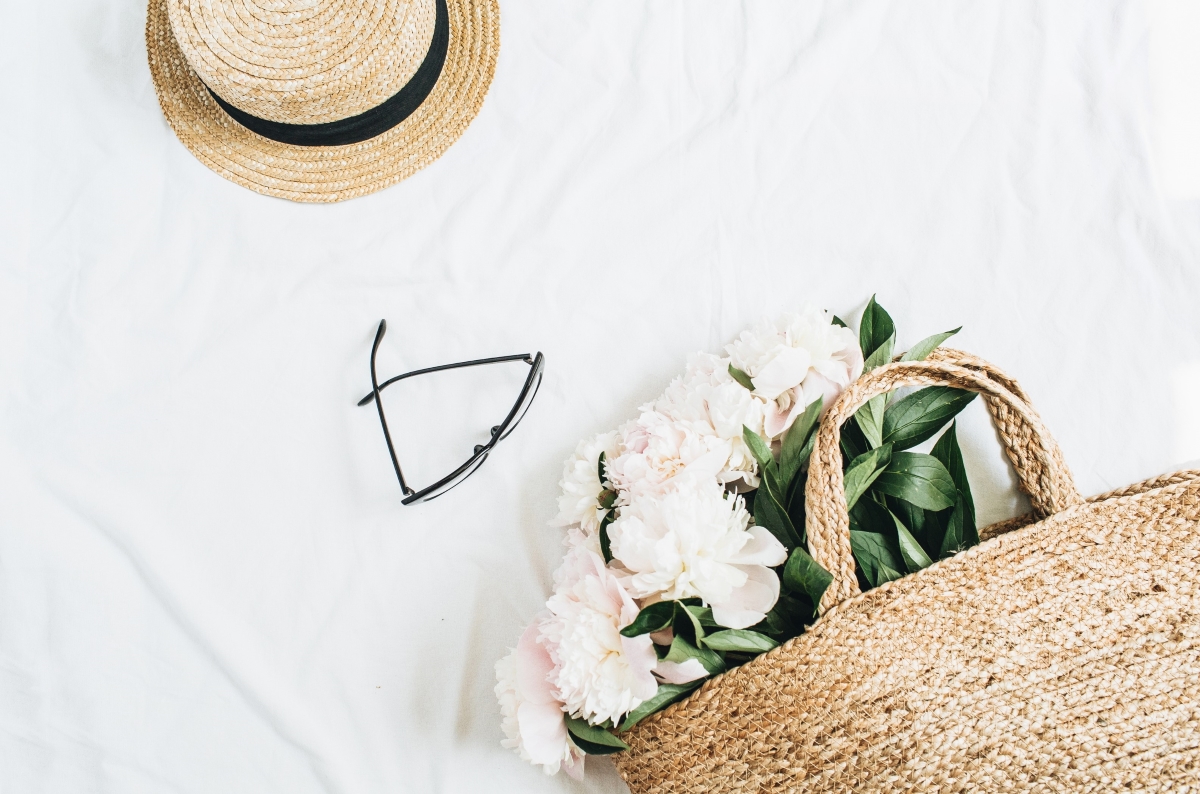
Embracing minimalism is a transformative journey that can improve your quality of life, especially as a senior. By simplifying your living space, you create a more peaceful, manageable environment that supports physical, mental, and emotional well-being. Whether you’re looking to reduce clutter, enhance mental clarity, or make your home easier to maintain, minimalism offers a practical and fulfilling path forward.





